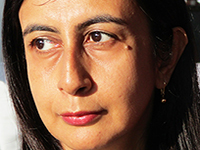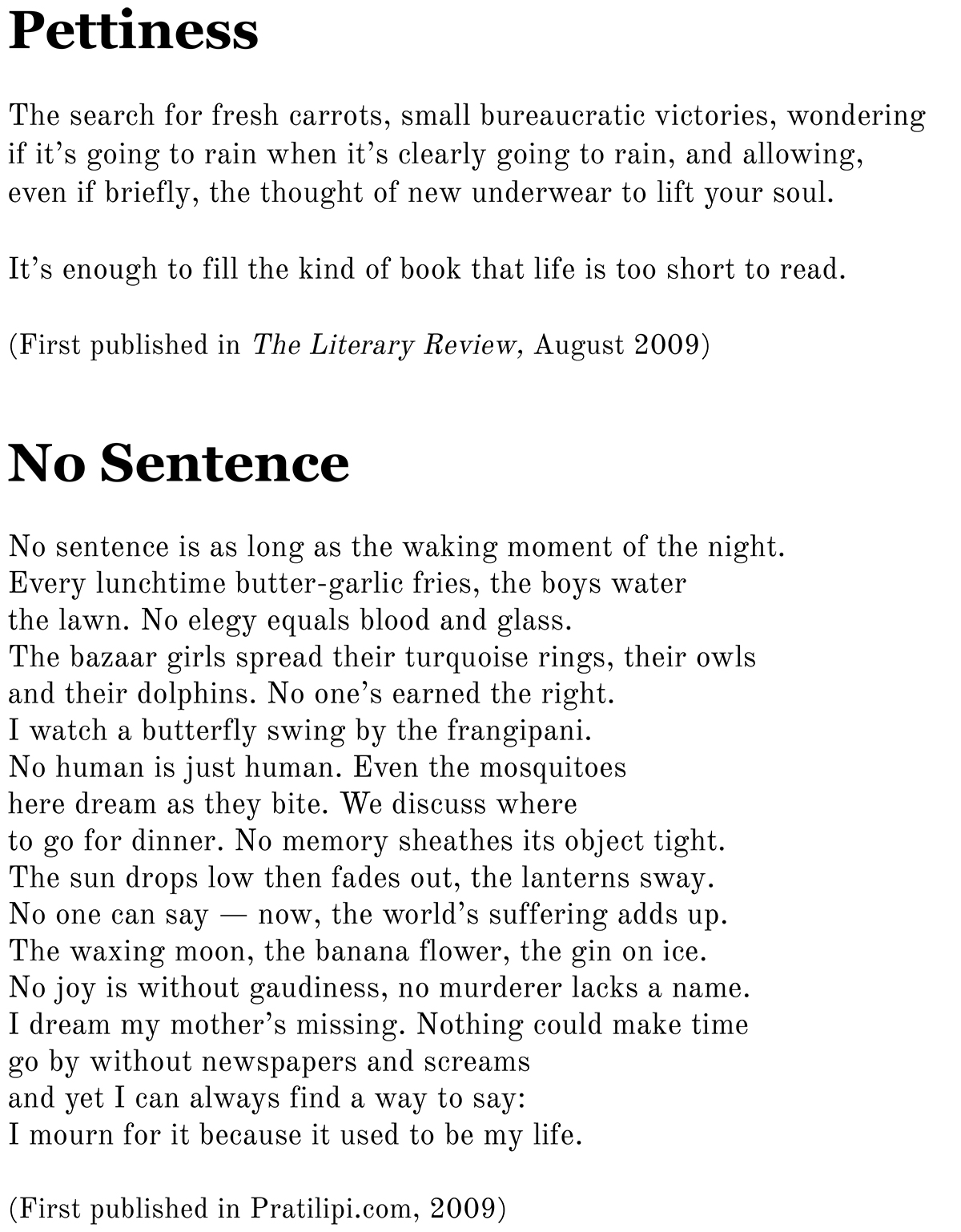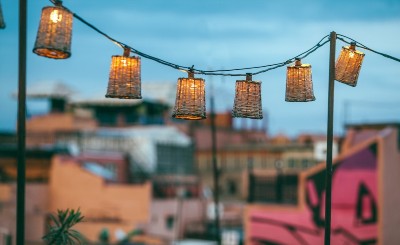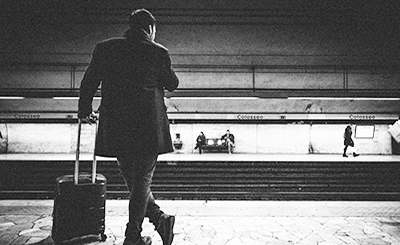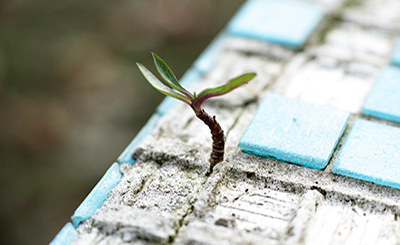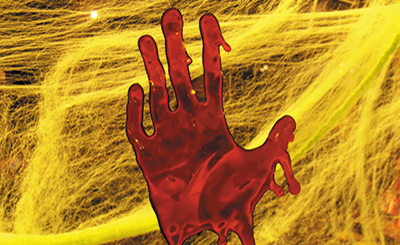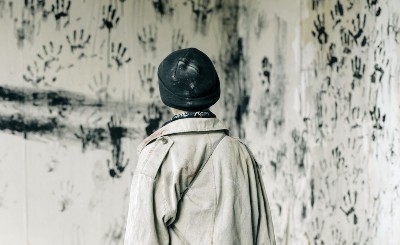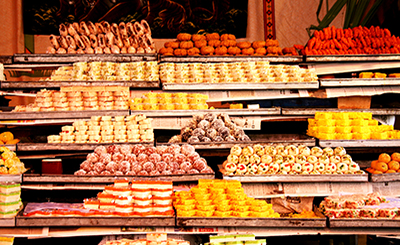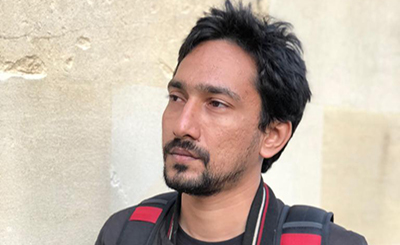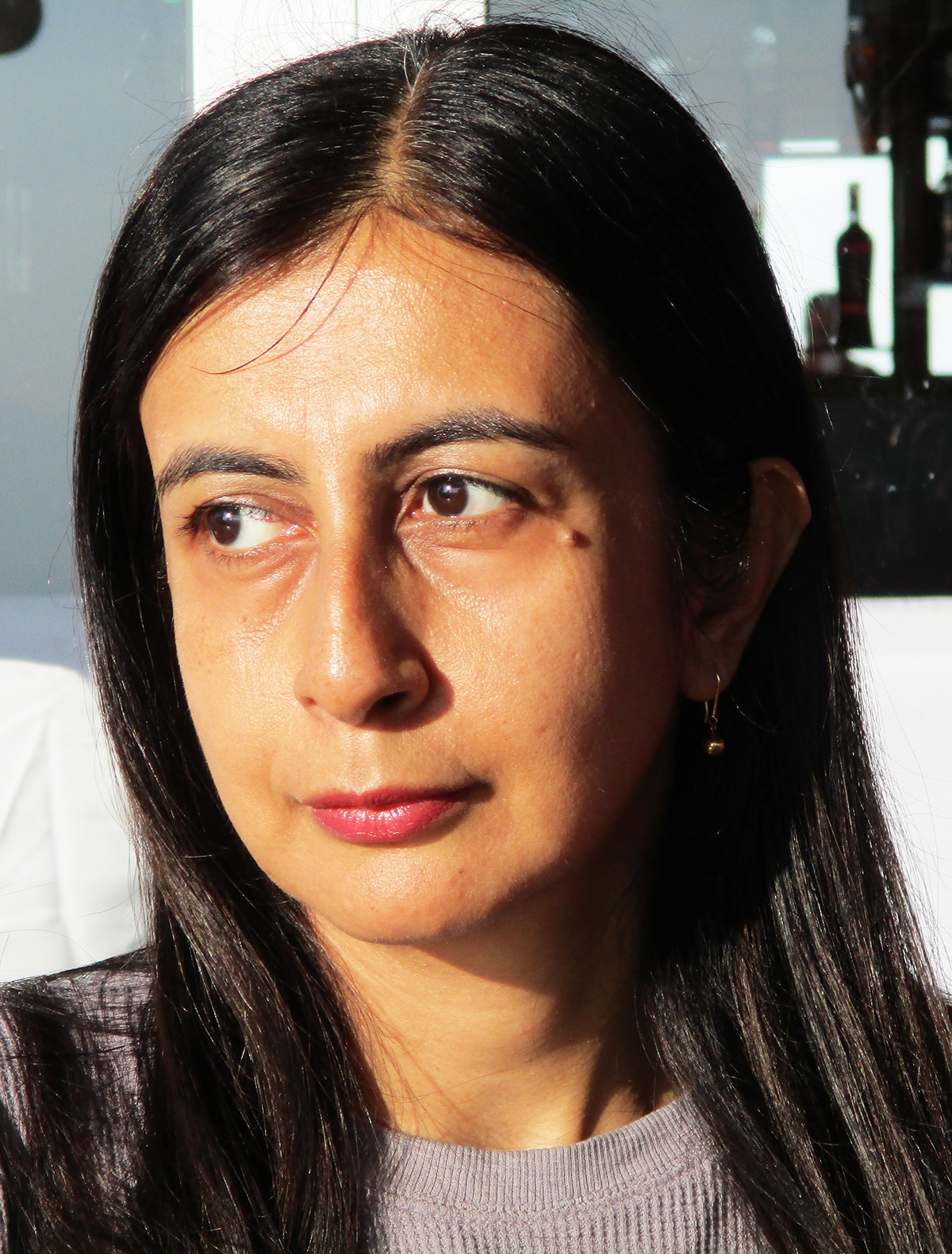
Anjum Hasan. Photo courtesy of the poet
Poet’s Note: ‘Each poem has to speak/ of the world’s wholeness’
The model of poetry before me when I began writing was, however patchily, a twentieth century, mostly European, one. The passion to create in language something, an intensely personal something, that could stand up to the ghastliness of the century. Nothing summed it up better than Czeslaw Milosz’s devastating “What is poetry which does not save/ Nations or people?/ A connivance with official lies,/ A song of drunkards whose throats will be cut in a moment,/ Readings for sophomore girls.” And yet that poem — ‘Dedication’ —begins “You whom I could not save…” There was Lorca, killed by the fascist Franco, and Paul Celan who wrote from a Nazi labour camp, and Anna Akhmatova who famously said Yes, I can to the woman in the queues outside the Leningrad prison where she waited to see her son. Can you describe this? The simple and terrible question the waiting woman had put to her.
We can’t think of Stalin without thinking of Osip Mandelstam’s satirical poem which had him exiled and killed; we can’t recall Partition without hearing Faiz’s laments; we can’t imagine the Spanish Civil war without Neruda and Paz, fighting on the side of the republic. Come and see the blood on the streets. Neruda, with his world-embracing effusiveness and his feeling for the masses, has been one example to me of poet as colossus; at the other end is the highly crafted art of a poet like Seamus Heaney — local, mythic, political — but equally certain of poetry as truth.
And I also loved those twentieth century poets whose lyricism is redemptive in a different way. Philp Larkin, Cesare Pavese, Arun Kolatkar are all minimalist biographers of their lives and their times, minimalist not because they have modest aims for their poetry but because this paring down, this hard beauty, is another route to poetic truth.
I can think of only one poet alive today — Adam Zagajewski — who is an inheritor of this greatness, whose lines combine genuine sadness with genuine hope, who does not baulk from saying that poetry is a spiritual resource and a magical one, that we need it as much as we need rationality and commonsense. But does the spirit in this sense survive today and are its hungers the same? I don’t write poetry anymore I say in one of the poems below, published at the death of Eunice de Souza three years ago. De Souza’s work suggests a third route in addition to the two described above — silence. Her poetry was always spare and over the decades she wrote less and less — her lines growing shorter, her poems more elliptical.
And so I’m sharing these poems with a mild sense of nostalgia and a certain disorientation. The zeitgeist is increasingly hard to grasp in poetry and we are tending to give in to what poetry does not deserve — easy consolations, unassimilated experience, overfamiliar words and above all measly fragmentation. As Zagajewski says in Clare Cavanagh’s translation, “…each poem has to speak/ of the world’s wholeness; alas, our/ minds are elsewhere, our lips are/ thin and sift images/ like Molière’s miser.’
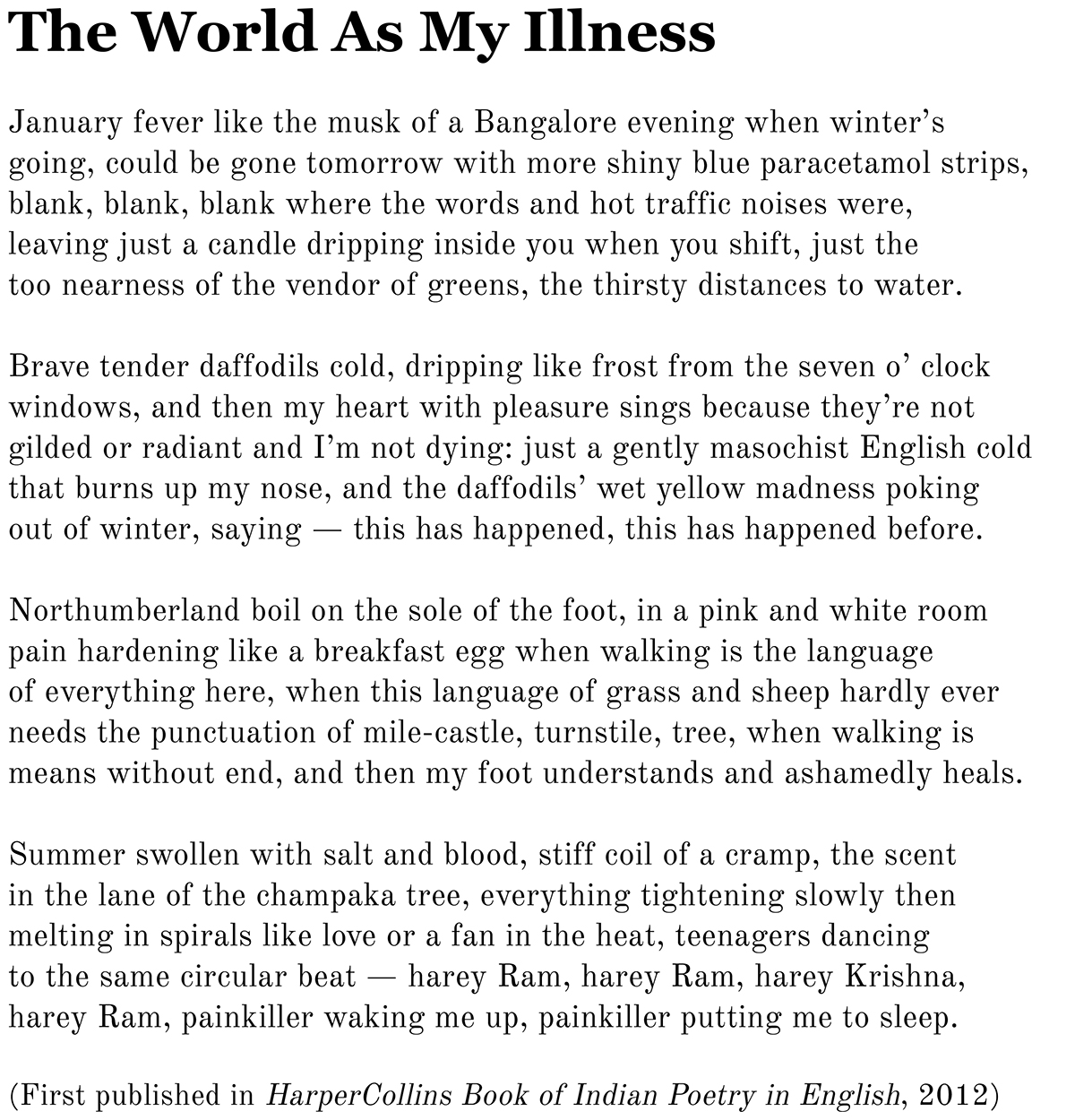
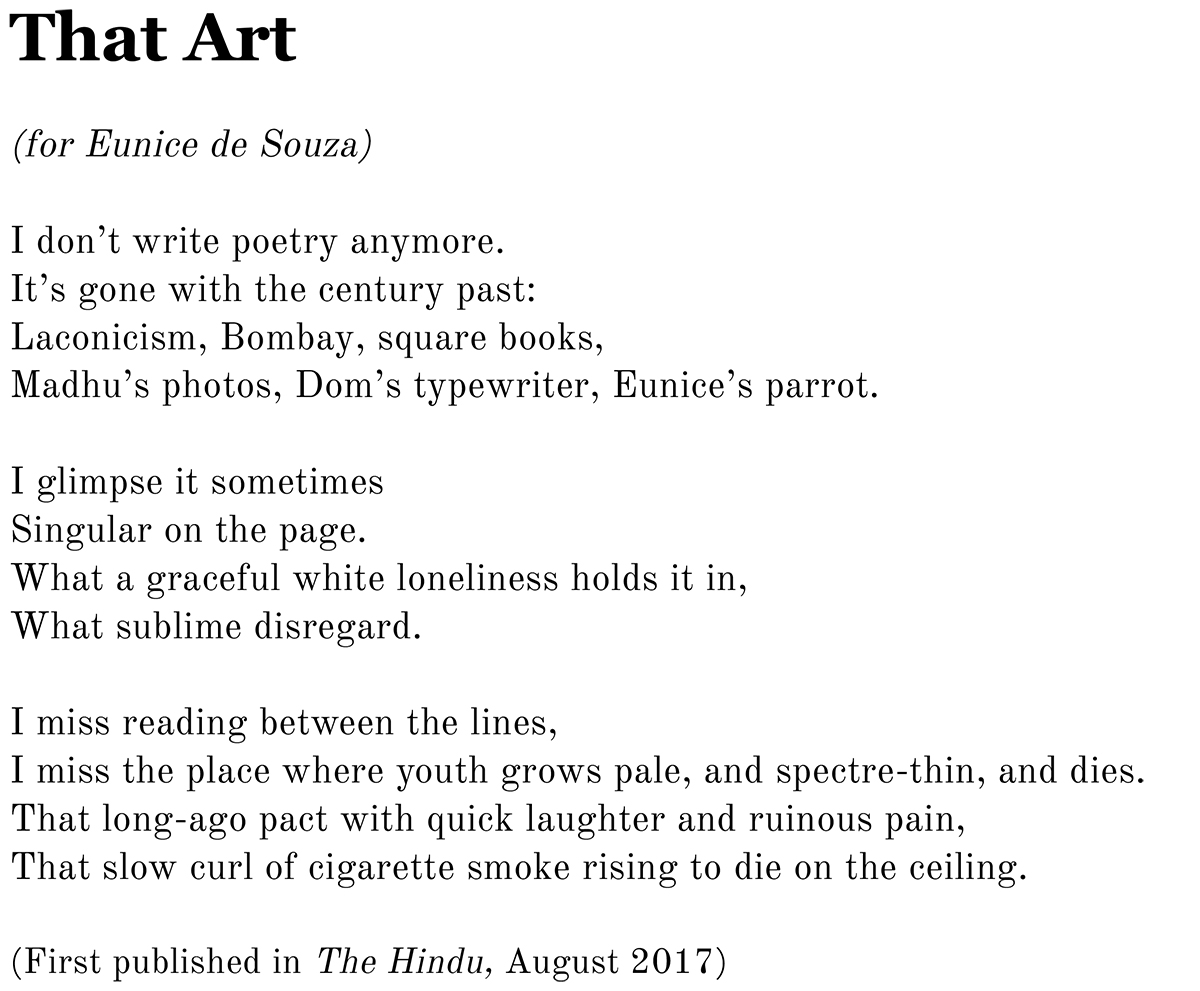
The essay and the poems are part of our Poetry Special Issue (January 2021), curated by Shireen Quadri and Nawaid Anjum. © The Punch Magazine. No part of this essay or the new poems exclusively featured here should be reproduced anywhere without the prior permission of The Punch Magazine.
Comments
*Comments will be moderated
Soo good
Smrita yadav
Dec 12, 2022 at 07:50



